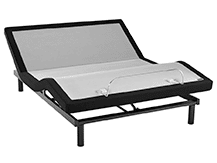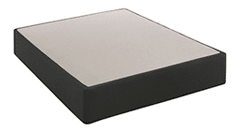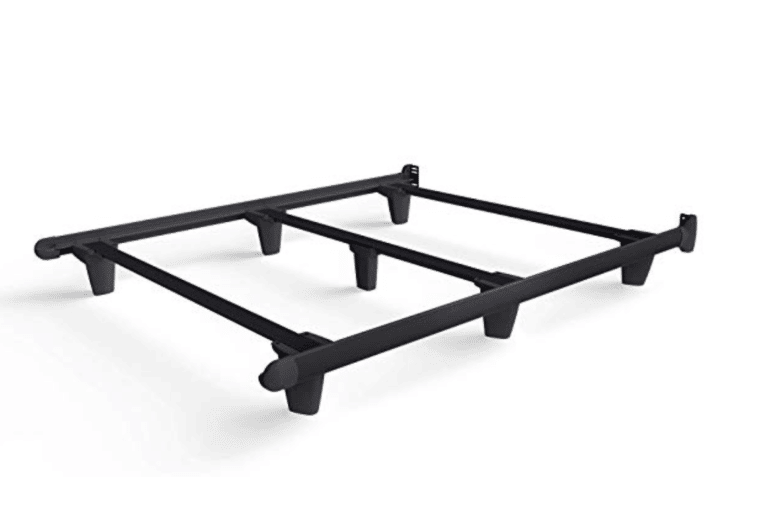
When it comes to afternoon siestas, it’s best to take the Goldilocks approach, say researchers at the University of Pennsylvania. According to their study, a post-lunch snooze can significantly improve memory and cognitive skills, and napping just the right amount of time gives the same effect as being 5 years younger!
The researchers found that study participants who slept after lunch scored better on math and memory tests compared to those who did not nap in the middle of the day. The study included more than 3,000 elderly Chinese, some of whom napped frequently and for long stretches. Interestingly, the scientists discovered that people who napped for short periods or longer than one hour performed up to six times worse on brain performance tests.
“Older adults who did not nap or napped longer than 90 minutes (extended nappers) were significantly more likely than those who napped for 30 to 90 minutes after lunch (moderate nappers) to have lower overall cognition scores,” concluded the study authors.
So what’s the magic number for reaping the benefits of an afternoon catnap? According to the study findings, which were published in the Journal of the American Geriatric Society, moderate naps of one hour are linked to optimized brain performance, memory and thinking skills.
The study results speak to the positive health benefits of restorative sleep. So next time you experience that post-lunch dip, when you can barely keep your eyes open, it might be a great idea to sneak in nap!
It’s no secret that we feel better, sharper and more alert after a solid night’s sleep. Scientists are continually unveiling research that points to the importance of deep slumber, when our bodies go into repair mode, clearing out toxins and archiving memories.
A separate sleep study conducted at the University of Pennsylvania found that extended sleep deprivation can permanently damage neurons needed for alertness and cognition. Short sleep cycles (less than 6 hours a night) over prolonged time periods are associated with a slew of problems including:
You may think you can function just fine on 5 or 6 hours a night, but clinical studies highlight the inherent dangers of sleep deprivation on the human body. Poor sleepers are at higher risk for obesity, diabetes, heart disease, Alzheimer’s disease, and stroke.
Getting adequate sleep on a regular basis is instrumental in leading a healthy, productive life. One of the easiest ways to ensure you get those zzzzs is by having a comfortable mattress that supports and cushions in all the right places.
The Sleep Specialists at Mattress World Northwest can help you choose the best mattress for your particular needs, and can show you a huge selection of inviting memory foam and latex options by trusted names like Simmons, Aireloom and Sealy. Visit one of our Oregon outlets for a test-drive today and take advantage of our amazing mattress deals!
Resources:
« King vs. Queen: Is the Extra Size Worth It? | Sleep-Deprived Teens Using Smartphones in Bed »
While you can't go wrong with any of our mattresses, here are a few factors you'll want to consider before making a purchase: your sleep position (and if you have a partner, theirs as well), the size of the space, and a price point. If you have any questions, rest easy knowing that our team is happy to help you find that perfect fit.
| Size | Dimensions |
|---|---|
| Twin | 38″ wide x 75″ long x 9.25″ tall |
| Twin XL | 38″ wide x 80″ long x 9.25″ tall |
| Full | 54″ wide x 75″ long x 9.25″ tall |
| Queen | 60″ wide x 80″ long x 9.25″ tall |
| King | 76″ wide x 80″ long x 9.25″ tall |
| Cal King | 72″ wide x 84″ long x 9.25″ tall |
| Split King (2pk) | 38″ wide x 80″ long x 9.25″ tall |
Mattress World Northwest makes it easy to choose the right foundation for your space and lifestyle.



Reliable support for your boxspring and mattress.
